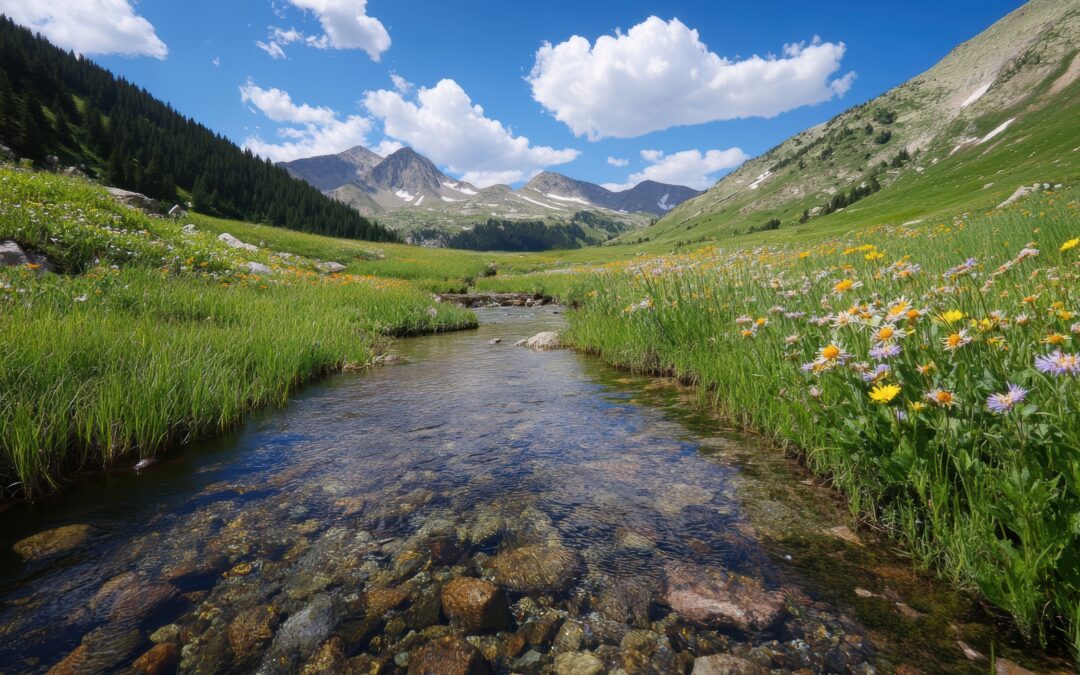Teenage years are often marked by profound changes and challenges. Navigating the transition from childhood to adulthood can be a tumultuous journey, fraught with academic pressures, social expectations, and the search for personal identity. Amidst these challenges, many teenagers experience anxiety and depression. According to the National Institute of Mental Health, anxiety disorders affect about 31.9% of adolescents, while approximately 13.3% of teenagers experience a major depressive episode. Research also indicates that at some level, nearly all teenagers feel stressed regularly.
The Struggle Within
Anxiety and depression can manifest in various ways among teenagers. Common symptoms include:
– Persistent sadness or irritability
– Loss of interest in previously enjoyed activities
– Significant changes in appetite or weight
– Difficulty concentrating
– Feelings of hopelessness or worthlessness
– Physical symptoms such as headaches or stomachaches
These symptoms can have a detrimental impact on academic performance, social relationships, and overall quality of life. While professional help, including therapy and medication, plays a critical role in managing these conditions, lifestyle changes and natural interventions can also be highly beneficial.
The Healing Power of Creation
Emerging research highlights the significant positive impact that being outdoors and in nature can have on mental health, particularly for teenagers grappling with anxiety and depression. Here’s how nature can be a powerful ally in improving mental well-being:
1. Reduction in Stress and Anxiety
Spending time in nature has been shown to lower levels of cortisol, the body’s primary stress hormone. Activities such as walking in a park, hiking, or simply sitting under a tree can induce a state of calm and relaxation, reducing overall anxiety levels. The natural environment acts as a gentle, non-invasive form of therapy that can help teens disconnect from their stressors and reconnect with themselves.
2. Improvement in Mood
Exposure to natural light and fresh air can enhance mood and alleviate symptoms of depression. Sunlight boosts serotonin levels, a neurotransmitter associated with feelings of happiness and well-being. Even brief periods spent outdoors can result in a noticeable uplift in mood and energy levels, making nature a natural antidepressant.
3. Enhanced Cognitive Functioning
Nature has a restorative effect on the brain. Engaging with natural settings can improve concentration, attention span, and overall cognitive functioning. This is particularly beneficial for teenagers who might be struggling with the mental fog and impaired concentration that often accompany anxiety and depression. Nature offers a mental reset, allowing the mind to rejuvenate and function more effectively.
4. Promotion of Physical Activity
Physical activity is a well-known antidote to anxiety and depression. Being outdoors encourages movement, whether it’s through hiking, cycling, swimming, or simply walking. Exercise releases endorphins, which are natural mood lifters. Additionally, physical activity in a natural setting can feel more enjoyable and less strenuous compared to indoor workouts, increasing the likelihood that teens will engage in it regularly.
5. Fostering Social Connections
Nature can also be a social catalyst. Group activities such as camping trips, team sports, or nature clubs provide opportunities for teenagers to connect with peers in a low-pressure environment. These social interactions can be incredibly therapeutic, helping to combat feelings of isolation and loneliness that often accompany anxiety and depression.
Practical Tips for Integrating Nature into Daily Life
Incorporating more nature into the lives of teenagers doesn’t have to be complicated. Here are some practical suggestions:
– Daily Walks: Encourage daily walks in a nearby park or natural area.
– Nature Breaks: Incorporate short nature breaks during school or homework time to help with concentration and stress relief.
– Weekend Getaways: Plan regular weekend trips to natural spots like beaches, mountains, or forests.
– Outdoor Sports: Engage in outdoor sports or activities, such as hiking, biking, or swimming.
Teenage anxiety and depression are serious issues that require comprehensive strategies for management. While professional treatment is essential, there is a role nature has in the battle against teenage anxiety and depression. By encouraging teenagers to spend more time outdoors, we can harness nature’s therapeutic benefits to improve their mental health and overall well-being. Nature offers a readily accessible, cost-effective, and enjoyable way to help teenagers navigate their emotional challenges and build a foundation for a healthier future.


